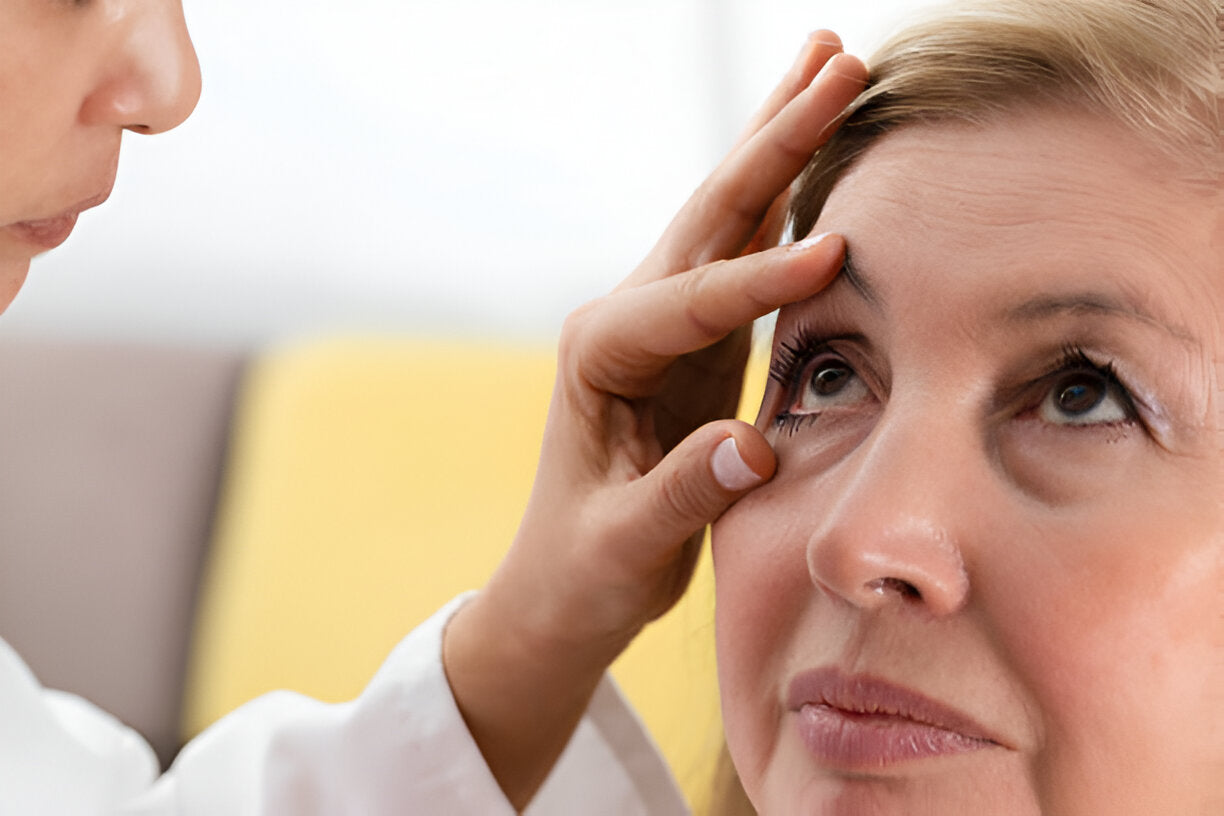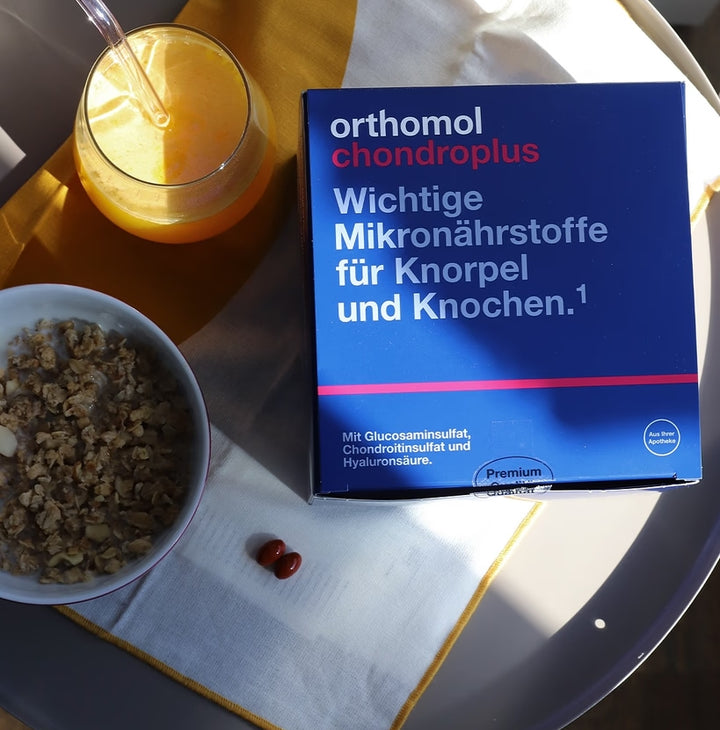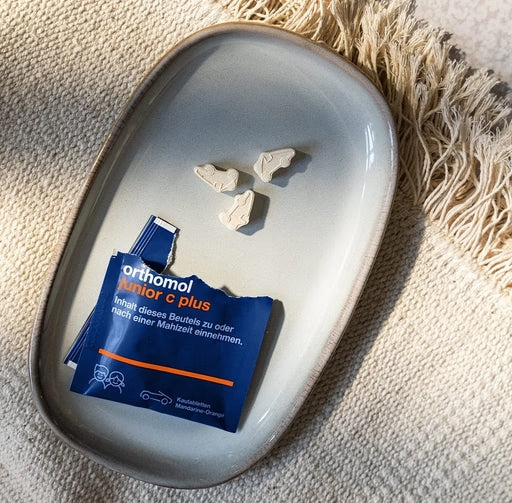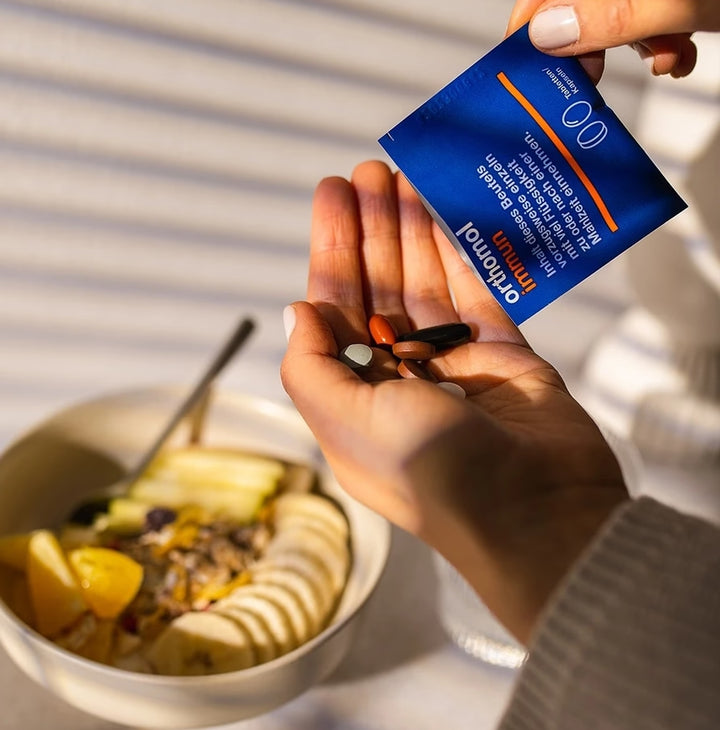
Clear Vision Starts Within: Nutrients That Power Eye Health Naturally
When was the last time you ever paid attention to your eyes? Not just for doing makeup or screen breaks, but to check if they are nourished enough. We are so used to putting our eyes through a strainer, from endless Zoom calls, late-night social media scrolling sessions, bright artificial lights, and the modern plague: screen fatigue. But here’s something you should know: your eyes aren’t just a window to the soul but a mirror to your overall health. Just know that your beautiful mirror tends to run dry; therefore, it requires proper care, as it thrives on nutrients.
Yes…In the same way, we eat mindfully for strong bones, glowing skin, and a fit body, we need to eat for our eyes too. It is time to go beyond the old ways—carrots work, but you need to fuel your eye health. Discover the power of vitamins, minerals, and antioxidants that work quietly behind the scenes to keep your vision sharp and hydrated and lower the risk of eye disease.

Essential Nutrients Your Eyes Crave
Vitamin A - Vision Protector
You must have heard the phrase, ‘Eat your carrots for good eyesight.’ well, it is not just another piece of folklore; it is science. Carrots are rich in beta-carotene, a precursor to Vitamin A, an integral for maintaining the light-sensing cells in your retina. Without vitamin A, your eyes struggle to adjust in low-light conditions, leading to night blindness, a common symptom of deficiency.
Vitamin A helps create a protective mucous barrier in your eyes, keeping them moist and shielded against potential infections, less susceptible to dryness and irritation.
Top food sources:
-
Carrots
-
Sweet potatoes
-
Pumpkin
-
Kale
-
Liver
Daily habit: Add a handful of roasted sweet potato wedges to your lunch salad or blend carrots into a morning smoothie for a daily eye-health boost.
Lutein and Zeaxanthin—Blue Light Defenders
Let’s talk about blue light—the invisible enemy emitted by your screens, fluorescent lighting, and even the sun.
Enter lutein and zeaxanthin: two powerful plant-based antioxidants that accumulate in the macula (the central part of your retina responsible for sharp vision). They act like natural sunglasses, filtering harmful light and reducing oxidative stress caused by prolonged exposure.
Studies show these nutrients can lower the risk of age-related macular degeneration (AMD) and cataracts, two leading causes of vision loss worldwide.
Top food sources:
-
Spinach
-
Kale
-
Corn
-
Egg yolks
-
Broccoli
Try this: Start your day with a spinach and egg scramble—an antioxidant-rich meal your eyes will thank you for.
Omega-3 Fatty Acids – Eye’s Moisturizer
Ever felt like your eyes were sandpaper by evening? You’re not alone. Dry eyes are one of the most common problems faced by people working long hours. Omega-3 might just be the remedy. These essential fatty acids, DHA (Docosahexaenoic Acid), are a structural element of the retina. They support the oil layer of your tear film, lowering tear evaporation and keeping eyes hydrated. What’s more? Omega-3s have been linked to a lower risk of diabetic retinopathy, a sight-threatening condition found in people with diabetes.
Top food sources:
-
Fatty fish like salmon, sardines, and mackerel
-
Chia seeds
-
Flaxseeds
-
Walnuts
-
Algal oil (vegan-friendly)
Healthy habit: Swap out your red meat dinner once or twice a week for grilled salmon with a flaxseed-crusted salad.
Vitamin C—Protects from Eye Damage
Our eyes are bombarded by oxygen, dust, light, and pollutants. This makes them vulnerable to oxidative stress, which can cause damage to your lens proteins and add to cataract development. Here’s why vitamin C shines:
As a potent antioxidant, it helps neutralize free radicals and regenerate other protective antioxidants in the eye, like vitamin E. Research also links higher vitamin C intake to a slower progression of age-related macular degeneration.
Top food sources:
-
Oranges
-
Bell peppers
-
Strawberries
-
Kiwi
-
Guavas
Snack smart: Pack a container of mixed citrus and berries for a refreshing, vitamin-rich mid-afternoon pick-me-up.
Vitamin E – The Cell Protector
Like vitamin C, vitamin E helps fight off oxidative stress—but its unique role is protecting the lipid (fatty) parts of cells, especially in the retina, where fatty acids are abundant.
This antioxidant works best in synergy with vitamin C and omega-3s, making it part of a trio of eye defense.
Low levels of vitamin E are associated with retinal degeneration and increased cataract risk. Supplementing might help slow visual decline in people with existing eye conditions.
Top food sources:
-
Almonds
-
Sunflower seeds
-
Avocados
-
Hazelnuts
-
Wheat germ oil
Pro tip: Blend avocado and sunflower seeds into a creamy dip for a vision-friendly snack.
Zinc – The Night Vision Mineral
You may not think of minerals when it comes to vision, but zinc plays a surprisingly crucial role. It helps transport vitamin A from the liver to the retina and enables the production of melanin, the pigment that protects your eyes.
Zinc deficiency can impair night vision and increase susceptibility to retinal damage.
Top food sources:
-
Oysters
-
Beef
-
Pumpkin seeds
-
Chickpeas
-
Cashews
Easy fix: Add a spoonful of roasted pumpkin seeds to your oatmeal or yogurt for a stealthy zinc boost.
B Vitamins - Nerve Nourishers
The optic nerve is your eye’s communication highway to the brain—and it needs proper nourishment too. B vitamins, especially B6, B9 (folate), and B12, help lower homocysteine, an amino acid linked to inflammation and an increased risk of age-related macular degeneration (AMD).
Vitamin B2 (riboflavin) also plays a role in reducing the risk of cataracts and supports energy production in eye cells.
Top food sources:
-
Eggs
-
Leafy greens
-
Whole grains
-
Lentils
-
Fortified cereals
Meal idea: Whip up a lentil and spinach soup for a comforting, eye-healthy dinner.
Water – The Forgotten Hero
Hydration might not be a “nutrient” in the traditional sense, but it’s essential for maintaining eye moisture and tear production. Dehydration can cause dry, red, itchy eyes and worsen digital eye strain.
Drink tip:
-
Aim for 8–10 glasses of water a day
-
Add cucumber, lemon, or mint for flavor
-
Include hydrating foods like watermelon and cucumber
Eating for Eye Health: More Than Just Vision
Here’s the beauty of it all: these nutrients don’t just help your eyes—they improve whole-body health. Omega-3s support your heart. Vitamin C boosts your immunity. Zinc improves wound healing. It’s all interconnected.
The best part? You don’t need supplements unless prescribed. Nature has provided everything your eyes need—right on your plate.
Feed Your Eyes, Fuel Your Future
In the rush of everyday life, we often overlook how much our eyes do for us. Constantly processing up to 36,000 bits of information per hour, they’re under siege from screens, pollution, and UV exposure—yet rarely get the targeted care they truly need.
At Orthomol USA, we believe that eye health starts from within. While eating nutrient-rich meals and staying hydrated are essential, sometimes your eyes need a little extra support, especially in a digital-first world.
That’s where Orthomol Vision comes in. Formulated with a blend of vital nutrients like vitamins A, C, and E; zinc; omega-3 fatty acids, and lutein, it’s designed to nourish your eyes from the inside out—helping to maintain normal vision and defend against oxidative stress. Because you only get one pair of eyes and they deserve the best. So take a screen break, blink more often, eat your greens, and give your eyes the daily nutritional care they need with Orthomol.
See the difference. Feel the clarity. Start your eye health journey with Orthomol USA.




